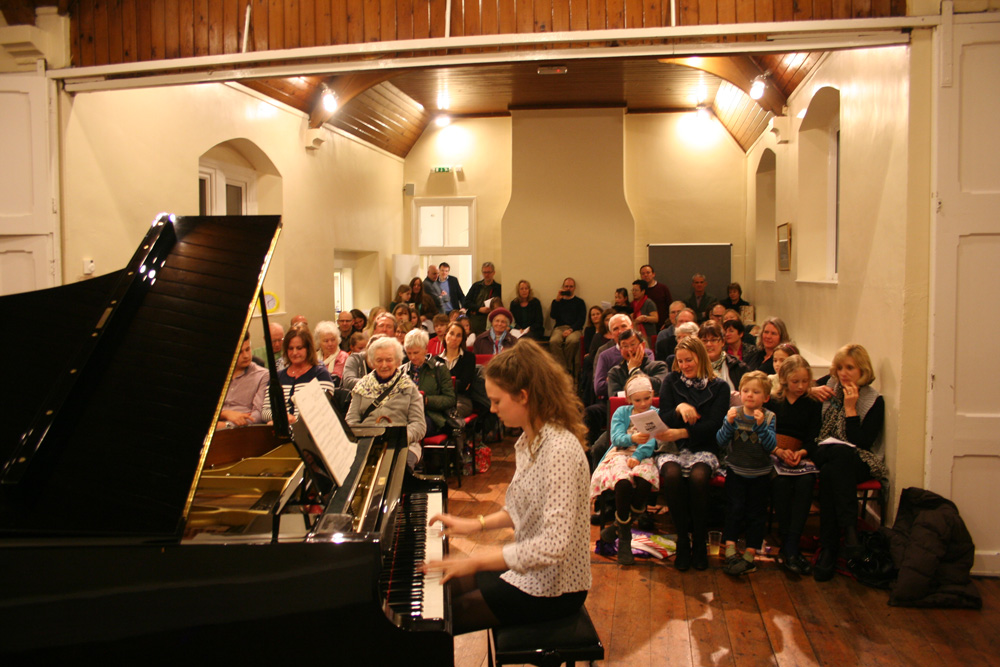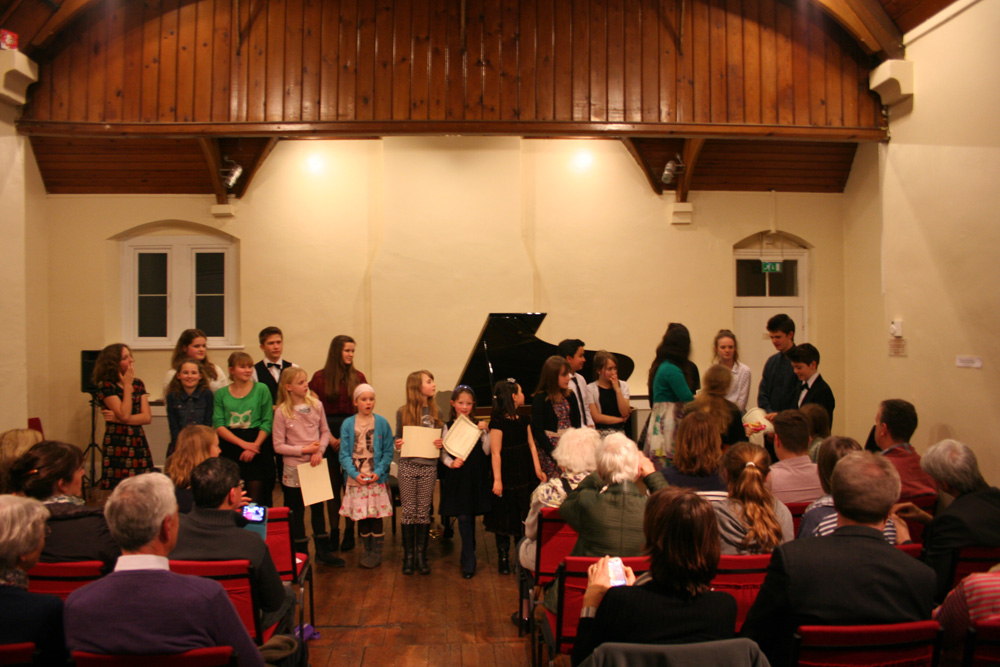There are many books available for young piano students of 5 – 8 years of age; it is a lucrative and highly competitive market, and choosing the right book for your child can be a minefield. It is also a difficult age range to write for, as a child grows and develops at an amazing rate, coming out of the pre school environment into one where they are being thrown numerous new concepts and skills to learn.
No two children are the same, one may respond well to one book while another may hate it. There will be trial and error in the process. I would like to share a couple of titles that I have found to be effective and yet fun for the learner. I have found these books work well primarily because the design is uncluttered and inviting, with advancing steps in technique and theory made at a steady pace. These books proved themselves through the trial and error process, so hopefully it will give you a head start.
One of my guiding principals has always been ‘can I understand the book easily’. You do not have to know anything about music to notice when a book has cluttered design and layout, or jumps from reading notes to sharps and flats within the first two pages.
Most children need to grasp the initial concept of associating a dot/line on the page with a key on the piano, and this is seldom easy. When that is comfortable, you then need to introduce how the appearance of the note also indicates a rhythm (crotchet, minim etc). When finally bringing two hands together to play, you have introduced three distinct skills that need to be performed simultaneously, before you can even consider musicality. That is already a lot of concepts to introduce to a young learner. Children are like sponges and do have an amazing capacity to take on many concepts, but this nearly always has to be done in a logical way that makes sense. So if you are struggling to understand the book, chances are your child will struggle too.
You can find the titles easily by searching on Amazon or Google. They are in no way a definitive guide, merely my current favourites that I have been using for the last few months. If you are unsure, you can go into your local music shop and compare them with other books, perhaps finding an alternative title that could work better for your child/student.
Me and My Piano, Fanny Waterman & Marion Harewood
This is a great series because the book pages are colourful and uncluttered. The order of introducing a new note on the piano and gradually introducing the left hand is logical and there are no big jumps in theory concepts between sections. There is a gradual increment in difficulty level that is easy to adopt.
The Harewood & Waterman series also provides a series of test papers called ‘Monkey Puzzles’. These are a fun way of tackling pure musical theory, never the highlight of any piano lesson. However the ‘puzzles’ always relate the theory back to the keyboard and feature a points system to encourage concentration. The final paper of snakes and ladders through music theory has proved very popular with my students!
Poco Piano for Young Children, Ying Ying Ng & Margaret O’Sullivan Farrell
This was a revelation for me, as I was searching for a book that was super simplified in layout and technical progression. Many books for this age range tend to drop the learner straight into the deep end with key signatures and two octaves by page five. This book is greatly staggered, simply working with a new note per page. The corresponding space or line on the stave is also colour coded, helping to highlight the new element being learned.
The design is clean and fresh, with imagery that is inviting while seamlessly incorporating the music stave into the overall picture.
It also has stickers. It will come as no surprise to most parents that young children respond well to stickers, as they are a form of reward. Here the stickers actually correspond to the answer of a question being asked, for example, a question on the treble clef would have a sticker showing the symbol for that clef. I have yet to come across a young learner who does not take to a small reward like this, and indeed learning should have a constant element of reward to create a sense of achievement.
Final Thought
I hope this helps, at least in getting started. Do not be surprised if you try one book and later end up buying another one from a different author. This is all part of the learning curve for student, teacher and parent.


Recent Comments